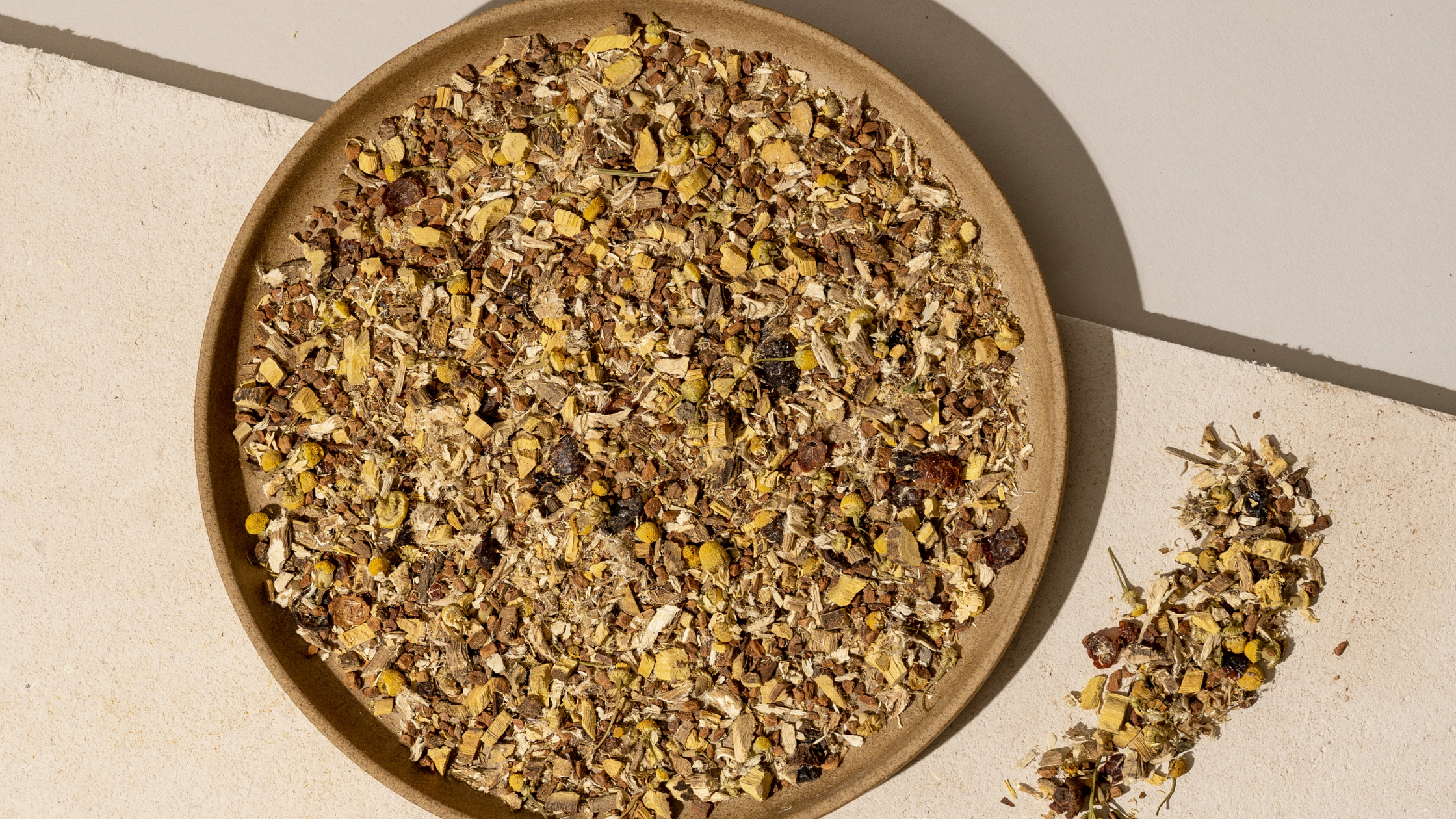What is Leaky Gut? By Dr. Winter, ND

It seems that these days, talk about leaky gut is everywhere. But what is leaky gut? And why is it so important in autoimmune disease? Our gut barrier (with all its 4,000 square feet of surface area) has a particularly interesting and complex function: let the things we need (i.e. water and nutrients) in while keeping everything harmful (like bacteria and toxins) out. In a perfect world, small gaps in the intestinal wall called tight junctions allow water and nutrients to pass through while preventing the entrance of harmful substances. When the tight junctions of the intestinal walls become loose or leaky, the gut becomes more permeable and this is what is known as leaky gut.
When partially digested food, bacteria or toxins enter the bloodstream, our immune system becomes exposed to them. As a result, our immune system often becomes upregulated or overactive, sensing all of these “invaders.” Chronic inflammation can possibly result. This is particularly problematic in autoimmune disease which already involves an overactive immune system.
In addition to contributing to or exacerbating autoimmune disease, leaky gut can cause bloating, increased food sensitivities, fatigue, and skin issues like acne or eczema. While less well documented, it may also contribute to mood disorders, chronic fatigue, attention deficit, fibromyalgia, and more.
But what causes leaky gut in the first place? While we aren’t totally sure, a few factors believed to play a role include medications such as NSAIDs and antibiotics, stress, excessive alcohol intake, nutrient deficiencies, chronic inflammation (also worsened by leaky gut), stress, and a disrupted intestinal microbiome.
While leaky gut has not been scientifically proven to contribute to all autoimmune diseases, it has been shown to be present in Crohn’s disease, Celiac disease, type I diabetes, multiple sclerosis, and lupus. More research on the connection between intestinal permeability and autoimmune disease is needed, particularly demonstrating cause and effect.
So how do you know if you have leaky gut? While some people will rely on the symptoms mentioned above including bloating, fatigue, skin conditions, increased food sensitivities, and more, there are tests available to diagnose leaky gut more accurately. One popular method includes looking in the blood for a protein called zonulin which is correlated with dysfunction in the tight junctions of the intestinal lining. Another commonly used test involves the ingestion of two sugar alcohols called lactulose and mannitol followed by urine collection. Lactulose and mannitol should not be absorbable; if these sugars are detected in your urine in significant quantities, it means they passed through loose or leaky junctions in the intestinal barrier.
So how is leaky gut treated? Fortunately, there are many herbs that can effectively treat leaky gut through restoring the intestinal barrier. Before going to treatment, however, it is important to remove any causative factors to leaky gut including elective medications, alcohol, food intolerances, emotional stress, dysbiosis and more. Once that has been done, a combination of mucilaginous herbs such as the ones found in our Leaky Gut Blend, probiotics, collagen powder, and the amino acid, glutamine, are all excellent choices for treating leaky gut. For more detailed information on the amazing herbs found in our Leaky Gut Blend, please refer to our Leaky Gut Guide. Using a combination of marshmallow (Althea officinalis), licorice (Glycyrrhiza glabra), slippery elm (Ulmus rubra) and more, this blend encourages the tight junctions of the intestines to come back together while simultaneously reducing inflammation not only in the GI tract, but systemically as well. Not to mention, it’s delicious!



Comments
Christiannnx —
Why not try order a custom-written essay from us? Paper Help
http://studdit.store essays for college scholarships
http://studdit.store wildlife conservation essay
http://studdit.store sawmill business plan
http://studdit.store dissertation templates
http://studdit.store research paper handout